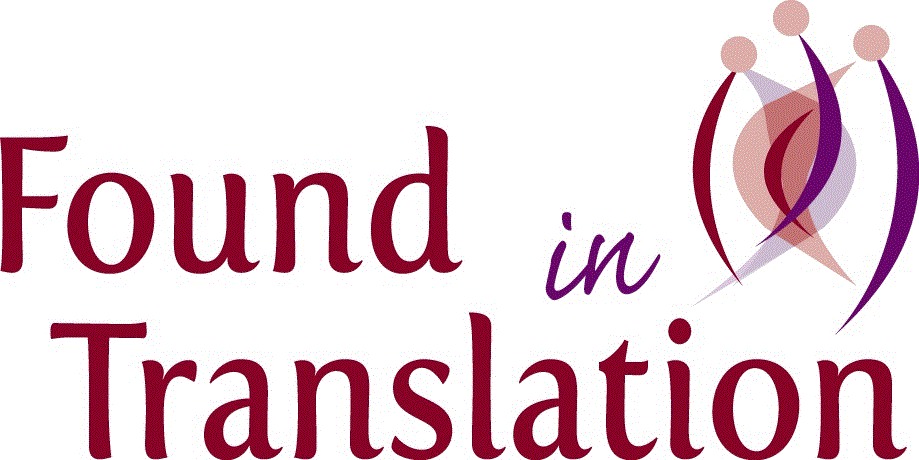Maria Vertkin reflects on language access as a panelist at the State of Asian Women’s Health in MA Conference
On Thursday, November 12th, Maria Vertkin served as a panelist on Asian Women for Health 8th annual State of Asian Women’s Health in Massachusetts Conference. The topic of the conference was “Trust in the Time of COVID: Best Practices for Culturally Responsive Care and Support.” Maria was invited to speak on a panel reacting to the keynote presentation “Race and Language: the Impact of Quality on Care” delivered by Aswita Tan-McGrory, Director of the Disparities Solutions Center at MGH. Maria spoke from the dual perspective of being both an immigrant and a leader of a medical interpreter training and interpreter services program.

In her keynote, Ms. Tan-McGrory spoke about unconscious bias, stereotyping and assumptions that clinicians may have about patients based on what they see vs what they could learn through trust-based communication. She highlighted data from a Medscape Report (2016) that showed that of physicians surveyed, 32% reported language differences in patients as triggering bias – making it a barrier for effective care. Despite this, physicians are reportedly not using interpreters to the extent that they should. Even in a recent report by MGH on disparities within their network, the data shows that half of LEP patients did not receive interpretation services at their time discharge. Ms. Tan-McGrory says that while this may be partially due to time, “the other piece of it is likely a culture that we have where we are ok with providing less-than care for patients with limited English proficiency. We expect patients who have lived here for 10 years to speak English like me, with no accent and very well.”
How do we take action on eliminating these disparities? Ms. Tan-McGrory advised that progress will rely on many factors, including increased self reflection on our individual assumptions, acknowledging barriers and tailoring our approach accordingly.
In response to the keynote speech, Maria made sure to mention that those listening should, “please remember that medical interpreters are essential in serving patients with LEP. There is no bias training, there is no internal work – there is nothing else you can do to be more equitable toward people who don’t speak the language than using professional interpreters.”
During the panel, which also included healthcare providers and patients, Maria spoke about how interpreters provide not just language access but also dignity for LEP patients and their families. She gave an example of how her Russian-speaking father was not readily provided with professional interpreter services at a recent healthcare visit and how she – as his English-speaking daughter – was inappropriately and illegally asked to interpret for him. Maria also spoke about the roles of family members as advocates and how culturally competent healthcare should take these aspects into account.

Thank you so much to Asian Women For Health for hosting this conference and for inviting Maria to participate in the narrative around culturally responsive healthcare.
To watch the recording of the keynote and panel discussion, click here.
Keynote begins at: 00:08:30
Panel begins at: 00:52:00

